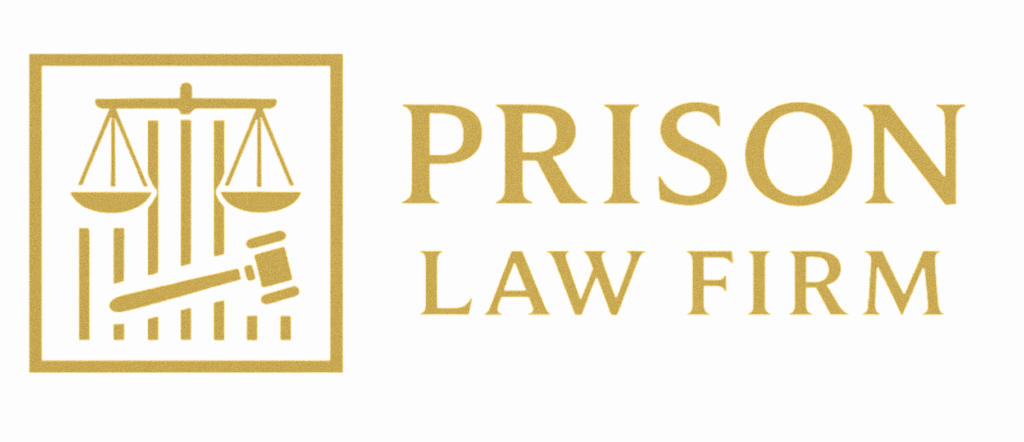Marijuana Use While on Federal Supervised Release: What You Need to Know
As more states legalize marijuana for medical and recreational use, many people assume that it is safe to use cannabis if they are not committing any state-level offenses. However, if you are serving a term of federal supervised release, probation, or parole, marijuana use remains a serious issue — even in states where it’s legal.
Federal Law vs. State Law
Marijuana is still classified as a Schedule I controlled substance under federal law. This means that regardless of state legalization, possession or use of marijuana is prohibited under federal statutes. Because supervised release is a federal court sentence, all conditions are tied to federal law, not state law.
This creates a conflict:
- State law may allow possession and use.
- Federal law strictly prohibits it.
If you are on supervised release, the federal prohibition controls.
Standard Conditions of Supervised Release
Nearly every federal judgment includes a condition that you must not unlawfully possess a controlled substance and must refrain from any unlawful use of a controlled substance. You are also required to submit to drug testing as directed by your probation officer.
A positive marijuana test is considered a violation of these conditions, regardless of whether you used cannabis legally under state law.
Consequences of Using Marijuana on Supervised Release
Violations can lead to:
- Increased supervision (more check-ins, stricter monitoring).
- Mandatory treatment or substance abuse counseling.
- Modification of conditions (such as curfews or location monitoring).
- Revocation of supervised release, which can result in additional prison time.
The outcome often depends on:
- The judge’s stance on marijuana.
- Your overall compliance record.
- The recommendation of your probation officer.
Medical Marijuana and Supervised Release
Some individuals on supervised release may have a state-issued medical marijuana card. Unfortunately, federal courts have generally held that medical use is not a valid defense to a violation. Even with a prescription or recommendation, marijuana remains illegal under federal law.
That said, in some jurisdictions, probation officers and judges may show discretion, especially if the individual demonstrates compliance in other areas and has a legitimate medical condition. Outcomes can vary significantly between districts.
Safer Alternatives
If you are dealing with medical issues, you should:
- Speak with your supervising officer about alternative medications that are federally legal.
- Get documentation from your physician about your condition and treatment needs.
- Seek court approval before taking any controlled substance (even if prescribed).
While marijuana may be legal in your state, it remains off-limits if you are under federal supervised release. Even a single positive drug test could jeopardize your freedom. If you are struggling with medical or personal issues that make marijuana seem like the only option, it is critical to discuss alternatives with your probation officer and attorney.
Until federal law changes, the safest course during supervised release is to avoid marijuana entirely.

